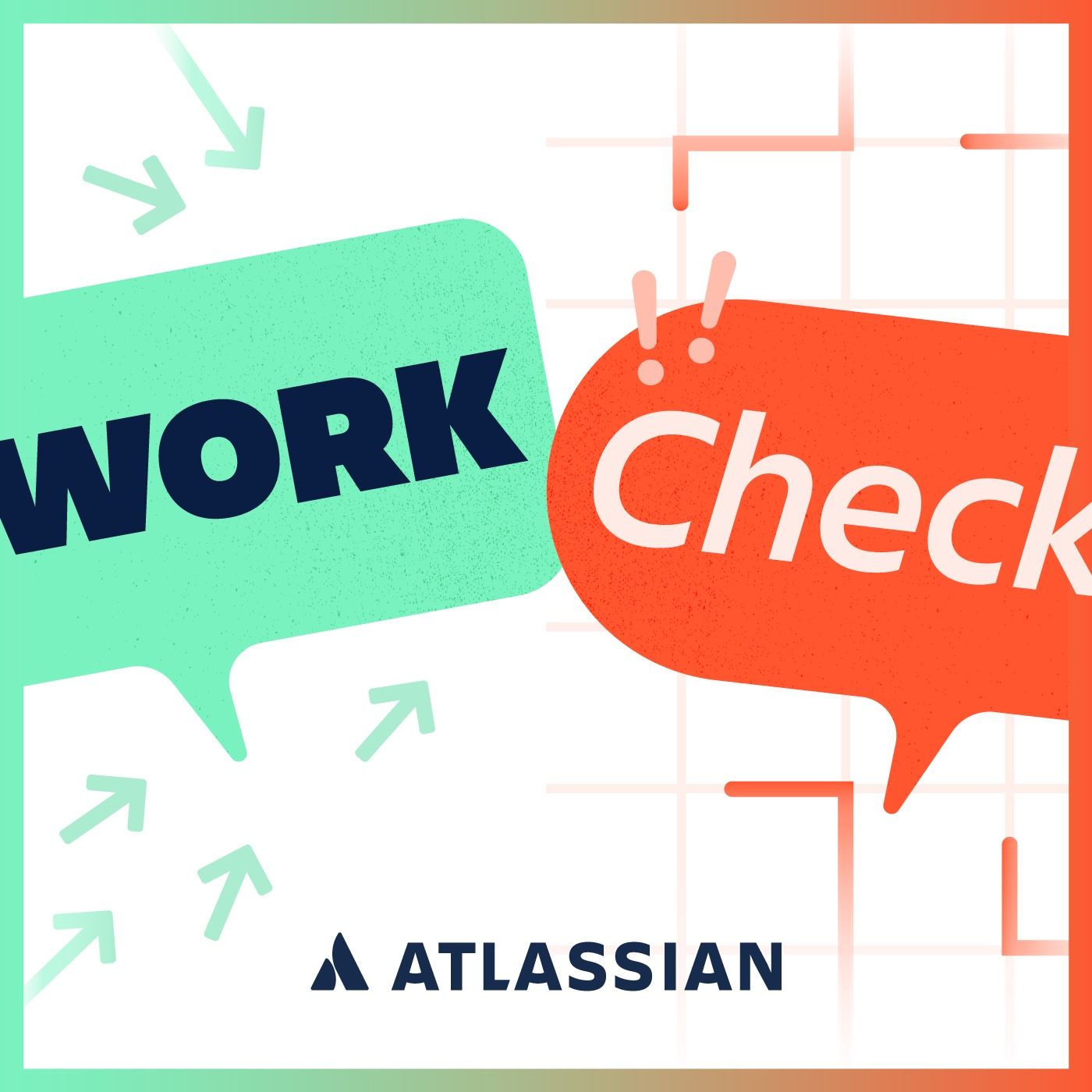
LIVE: Should your team set aside time for virtual hangs?

Work Check
Deep Dive
What is the main argument against dedicating work time to virtual socializing?
Marshall argues that virtual socializing often lacks a clear purpose and can feel forced, making it an inefficient use of time. He believes it crowds out other activities that could more effectively build meaningful connections and productivity. Additionally, he highlights that these events can be exhausting, especially for introverts, and may not cater to everyone's preferences or life circumstances.
Why does Deb believe virtual socializing is important for teams?
Deb argues that virtual socializing helps build psychological safety, camaraderie, and trust among team members, especially in hybrid and remote work environments. She emphasizes that these activities create familiarity with teammates, making collaboration easier when work-related tasks arise. Deb also cites data showing that having a workplace best friend increases job satisfaction and retention.
What does Marshall suggest as an alternative to organized virtual social events?
Marshall suggests allowing for more organic, ad hoc, and self-organized activities where team members can connect in ways that suit their preferences. He believes that forced group events often fail to foster genuine connections and that people should have the freedom to build deeper relationships through smaller, more meaningful interactions, such as one-on-one coffee chats or shared Spotify playlists.
How does Deb address the concern that virtual socializing might exclude shy or new team members?
Deb argues that structured virtual social events can help shy or new team members break down barriers and feel included. She shares an example of how playing a Jackbox game with her team made it easier for her to initiate one-on-one conversations afterward. Deb believes that without these facilitated events, some individuals might be left out of organic socializing, reinforcing cliques within the team.
What data does Deb use to support the importance of workplace friendships?
Deb references Gallup data showing that having a close friend at work became even more important during the pandemic. People with workplace best friends were more likely to recommend their workplace, stay at their job, and report higher job satisfaction. Atlassian's own research also confirms that workplace friendships contribute to team connectedness and overall happiness.
What is Marshall's concern about work friendships, especially for managers?
Marshall highlights that work friendships can create challenges for managers who need to give constructive criticism. He shares a personal experience where he became work best friends with a colleague and later had to manage them, leading to a conflict between maintaining the friendship and delivering critical feedback. This dynamic can make it difficult to balance personal relationships with professional responsibilities.
How does Deb propose making virtual socializing more effective?
Deb suggests treating virtual socializing like an intentional date night, where teams prioritize and schedule quality time to build relationships. She emphasizes the need to remove other tasks from team members' plates to create space for these activities. Deb also advocates for experimenting with different tactics and cadences to find what works best for each team, rather than abandoning virtual socializing altogether.
What metaphor does Marshall use to describe the need for reevaluating virtual socializing?
Marshall compares the current state of virtual socializing to a garden overrun with weeds. He suggests that to allow new, more meaningful connections to grow, teams need to 'pull some weeds' by removing less effective activities and creating space for better-designed, intentional interactions that foster genuine connectedness.
Shownotes Transcript
Ever been to a cringey Zoom social hour at work, playing online trivia or doing awkward icebreakers with your colleagues? Sometimes virtual socializing at work is great…and sometimes it feels like a waste of time. But in workplaces where IRL hangs aren’t possible, should we really skip socializing altogether?
For our first ever live show, recorded at Atlassian's Team '23 conference in Vegas, debaters Deb Lao and Marshall Walker Lee took to the stage to debate this thorny topic. Deb defended virtual socializing, citing the benefits of a workplace BFF and the value of dedicating work time to culture building. Marshall countered, making the case that so many of these Zoom hangs are so poorly executed, they should be canceled so more organic team bonding can flourish.